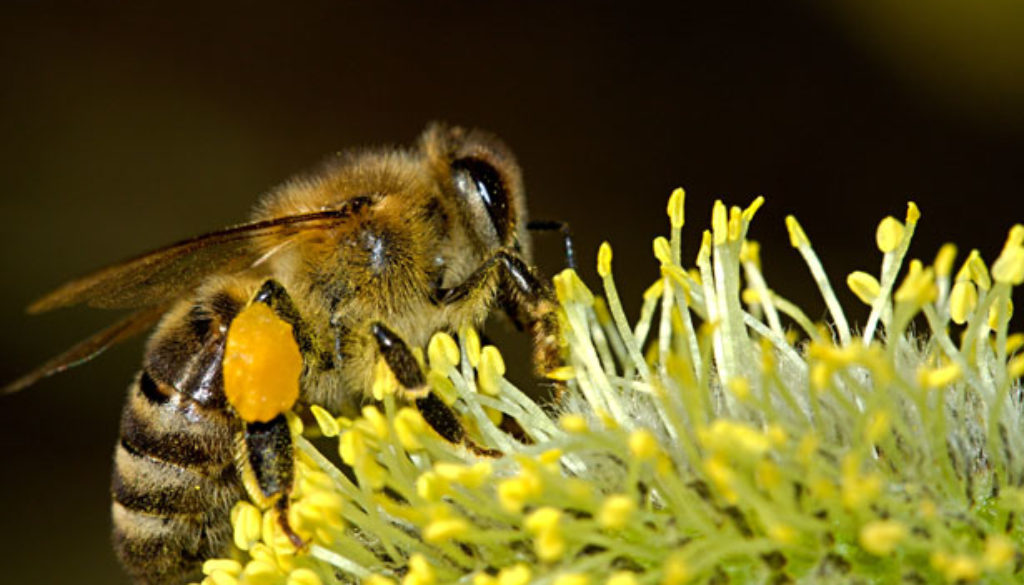Tell the EPA to Protect the Bees Before April 21
By Kara Cook-Schultz, U.S. PIRG
April 21 is the deadline to submit public comments asking the EPA to ban bee-killing, food-supply-risking pesticides. Take action before it’s too late!

A new scientific study shows that we’re risking our food supply.
A big part of the problem: the use of bee-killing neonicotinoid pesticides—commonly known as neonics.
Right now, bees are dying off at alarming rates, and scientists point to neonics as one of the major factors. If we lose bees forever, it will have devastating consequences for our food supply, the environment and our economy. Meanwhile, big agrichemical companies like Monsanto, Dow Chemical and Syngenta are downplaying the risks of these toxic pesticides.
Neonics attack insects’ nervous systems, and are up to 10,000 times more toxic to bees than DDT. If we don’t step in right now, these essential pollinators may go extinct.
Bees pollinate more than 70 percent of the top food crops—the crops that supply about 90 percent of the world’s nutrition. Losing bees puts our food supply at risk.
What’s more, not enough studies have been done to assess the risks of these pesticides for humans. From what we do know, these pesticides likely have negative human health impacts. The EPA should err on the side of caution with their assessment of these pesticides to protect our health and our ecosystems.
We don’t even need to spray these chemicals because we have commonsense alternatives. And the newest research says these alternative methods are likely better for our food supply, the environment and our health.
The Environmental Protection Agency has opened a comment period on the risks of using the most common neonicotinoid pesticides. It’s clear: These bee-killing, food-supply-risking pesticides are not worth keeping around.

